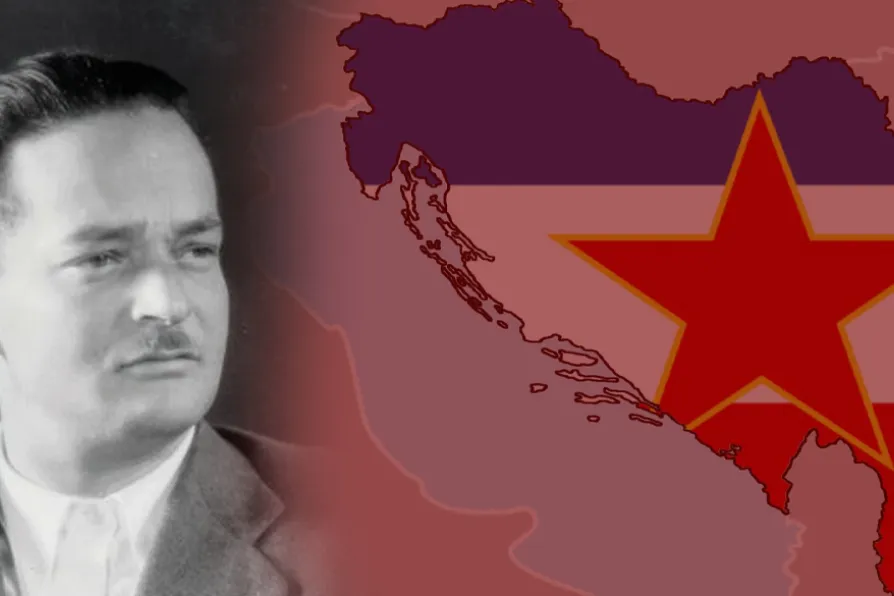As tens of thousands return to the streets for the first national Palestine march of 2026, this movement refuses to be sidelined or silenced, says PETER LEARY

 It fell to Kidric, as the chief economic thinker within the new socialist government, to go far beyond the reconstruction of pre-war industry in order to create an entirely different form of society, whereby capital was subordinated to labour, exploitation would be ended and productive capacity would rise hand-in-hand with the living standards of the working class
It fell to Kidric, as the chief economic thinker within the new socialist government, to go far beyond the reconstruction of pre-war industry in order to create an entirely different form of society, whereby capital was subordinated to labour, exploitation would be ended and productive capacity would rise hand-in-hand with the living standards of the working class
SOME monuments endure. Tucked away behind the parliament building in Ljubljana, an oversized and strangely hectoring statue memorialises Boris Kidric, one-time prime minister of Slovenia and architect of self-management in Yugoslavia.
He is hardly a household name in the West. A tragically early death from cancer; being written-out of Milovan Djilas’s self-serving memoirs; eclipse on account of his friend and comrade Edvard Kardelj’s longevity at the heart of government and overshadowing by the personality cult surrounding Marshal Tito, are more than enough reasons to explain his omission from the socialist pantheon or from considerations of alternative economic strategies.
Yet, we ignore him and, by extension, engagement with transformative socialist economics, at our peril.

Corbyn and Sultana’s ‘Your Party’ represents the first attempt at mass socialist organisation since the CPGB’s formation in 1921, argues DYLAN MURPHY

Speaking to a CND meeting in Cambridge this week, SIMON BRIGNELL traced how the alliance’s anti-communist machinery broke unions, diverted vital funds from public services, and turned workers into cannon fodder for profit












